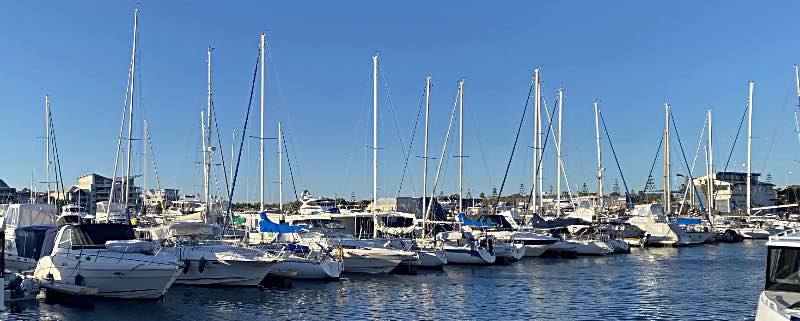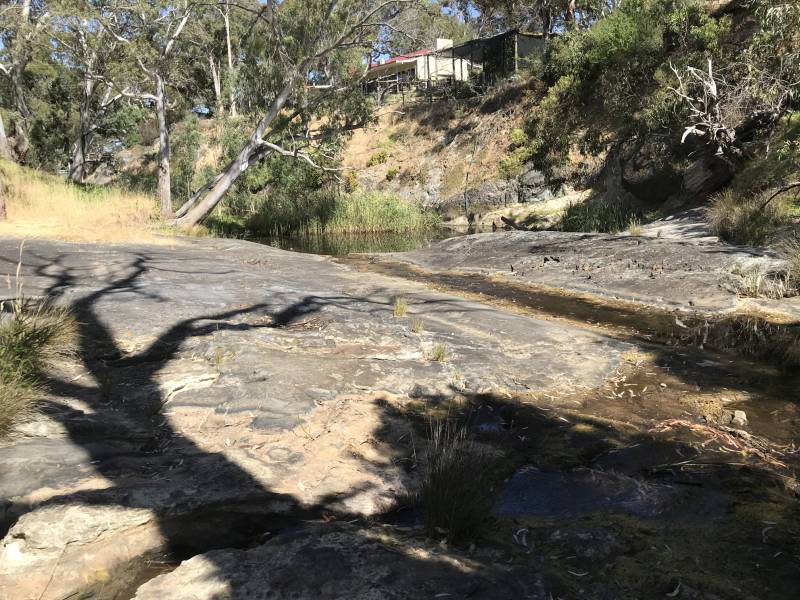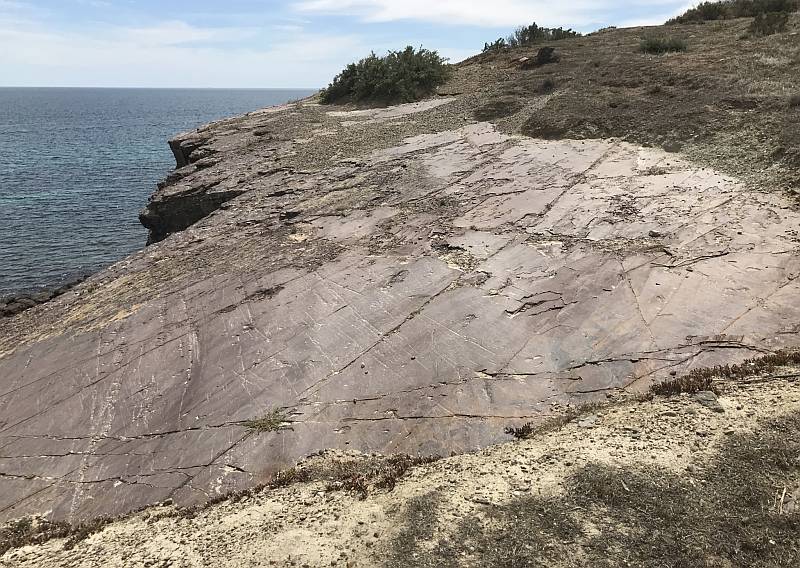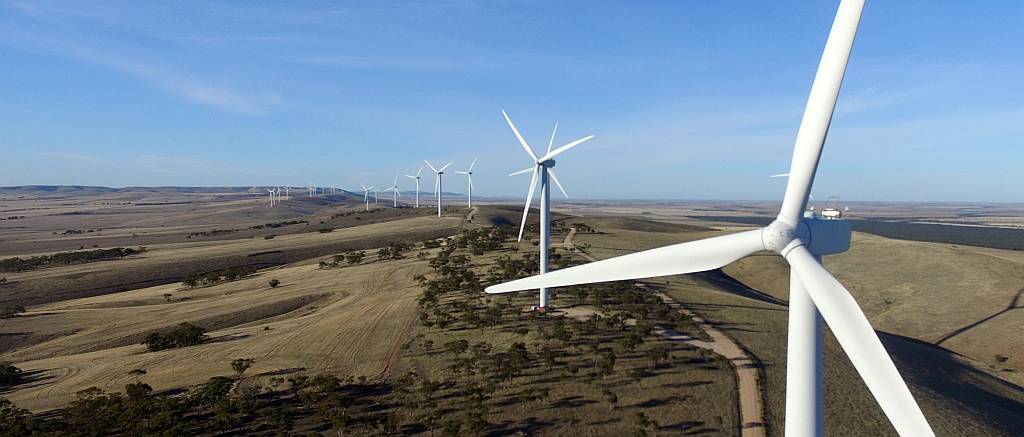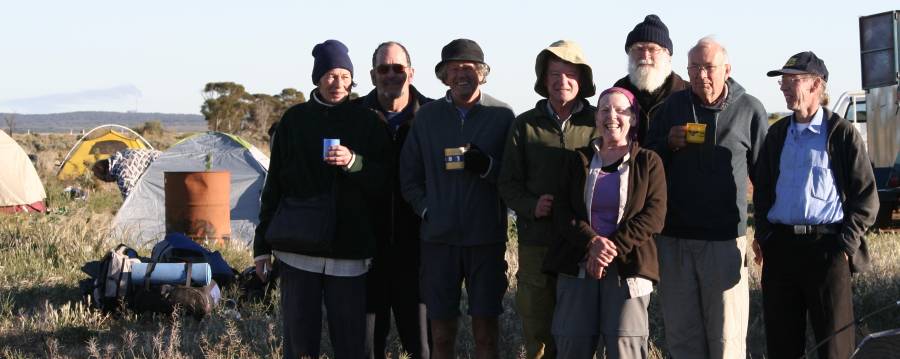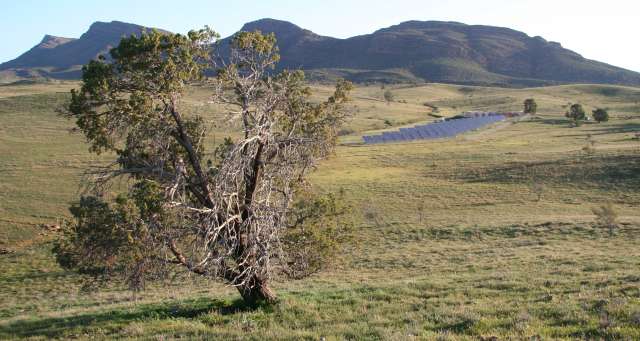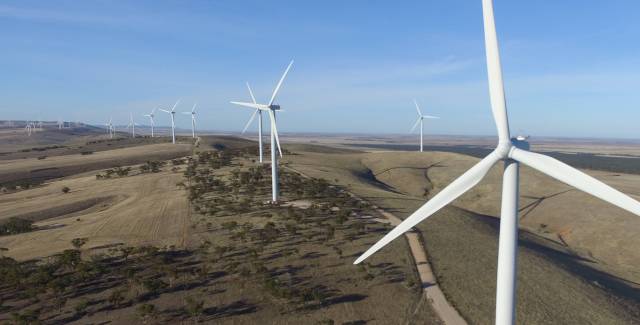Conspicuous consumption
2023/01/03
Since February 2022 I have lived in Erskine, a suburb of Mandurah, one of Western Australia's larger provincial cities. Mandurah is on the coast and on the large Peel-Harvey lagoons, so boating is a big thing. Many people have a boat on a trailer in their shed or yard.
|
The most curious thing about these boats is that I'd guess that they spend at least 99% of their time on moorings. I often ride my bike along the coastal paths and rarely see anything other than small fishing boats out at sea. Is the primary purpose of the big luxury boats to make the owner feel successful, important, wealthy? Or is it perhaps to impress prospective business associates by taking them on short excursions? (Although, if this, then why don't I see more on the ocean?)
Just by the way, I should say that the Peel and Harvey lagoons are too shallow for anything bigger than small sailboats with centreboards.
|
I suspect that many people would consider those who can afford to buy expensive houses and boats to be 'successful'. But is that truly an indication of a successful life? This world needs compassion, not ostentatious wealth and selfishness; it needs contribution, not consumption. See also Society is suffering from the greed of the few.
I also suspect that many who might read this would think that I am simply jealous. Do I care? No.
Finally I will note that there is a strong correlation between consumption and greenhouse gas emissions; those who consume most are responsible for generating more than their fair share of emissions. And, of course, much of what is consumed will finish up, in the long run, being dumped in landfill; need I say that the amount of rubbish going into landfill is one of the great problems of the twenty-first century.
I've also written about conspicuous consumption on my page about Selfishness or altruism.
